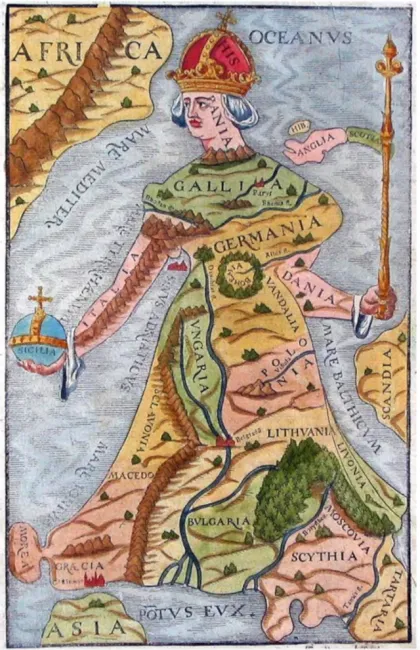The Rape of Europe - Christogenea Europe, September 28th, 2014

The discussion for today's program was centered around a reading of Judges chapters 19 and 20. In the account found there, the entire body of the children of Israel turned out with one mind: to avenge a single woman who had been raped and murdered by certain immoral men in the town of Gibeah in Benjamin. The war which resulted achieved that vengeance, but only at a great cost of life when the "local authorities", the Benjamites themselves, resisted justice.
This episode must be contrasted to the situation in Europe, which is also starting to manifest itself in America and other White nations, where thousands of White women are raped and even murdered each year. Yet the animals who perpetrate such deeds are only given license by the media and governments to continue with such behavior. When will the body of the people arise and stand once again for justice and morality? Or are they all like those ancient "men of Belial", and too immoral themselves?





 Please click here for our mailing list sign-up page.
Please click here for our mailing list sign-up page.








Recent comments